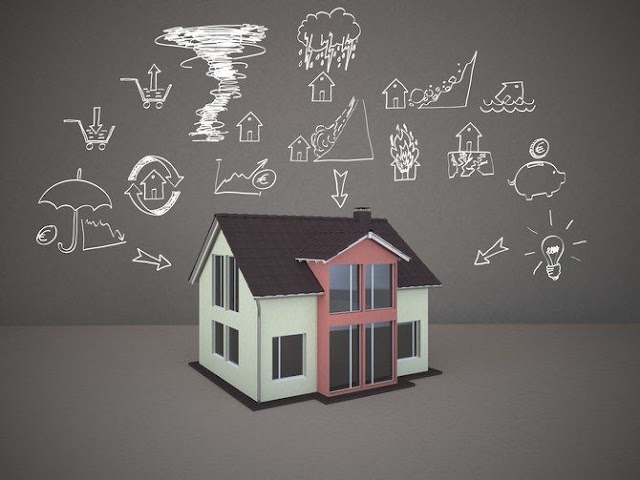How to Purchase Homeowners Insurance
Know the Common Coverage Options
Unarguably the most important aspect of homeowners insurance
is the degree of coverage you get from the plan. It is prudent to strive a balance between overpaying and lowballing your insurance policy. Here're three
common degrees of coverage:
•HO-2 - This covers expenses incurred against 16 perils
that is stated in your contract.
•HO-3 - The policy is much broader than HO-2 and covers
all-perils with the exception of those specifically stated in the contract.
•HO-7 - Designed similarly to HO-3, but for a client
with mobile homes.
Understand the Policy
Getting the right policy coverage is still not enough to be
financially at peace. You must also thoroughly examine and review the
contract's terms and conditions. Any blurry areas should first be straightened
out by either calling the insurance company or
approaching a trusted friend or family member who is competent in dealing with
insurance paperwork.
Know the Terminology Involved
Phrases like liability coverage and deductible are common
wordings in insurance underwriting. Deductibles pertain to the actual amount
you are required to pay yourself before the policy gets activated while
liability coverage pays for the medical and legal expenses related to personal
injuries an individual sustains while at your property. The glossary of
insurance terms are too many to define here, so be sure to diligently research
them and understand their basic definitions.
Lower Your Insurance Rate
Most inexperienced homeowner insurance shoppers accept
whatever number an insurance company throws at them, sometimes even if the
number is ridiculously high. Shopping around may seem simple and obvious, but
not everyone knows its an option that could potentially lower monthly interest
rates on their policy. Check with insurance agents, consumer insurance
guides, and web-based quote services.
Update It Yearly
Homeowners insurance does not end when you sign a contract
with your chosen insurance provider. Ideally, you should check with your
insurance company at least once per year to make sure that your existing
contract offers adequate protection. You may need to check more than once per
year if you plan on frequently making changes to the property, such as adding a
room or swimming pool to your property.
It can be exhausting to do the research and comparison of
different insurance providers as there are great deals of data to be absorbed.
Try to focus on the bigger picture - you and your family are protected
financially against unforeseen scenarios that cause property destruction or
personal injuries.




Comments
Post a Comment